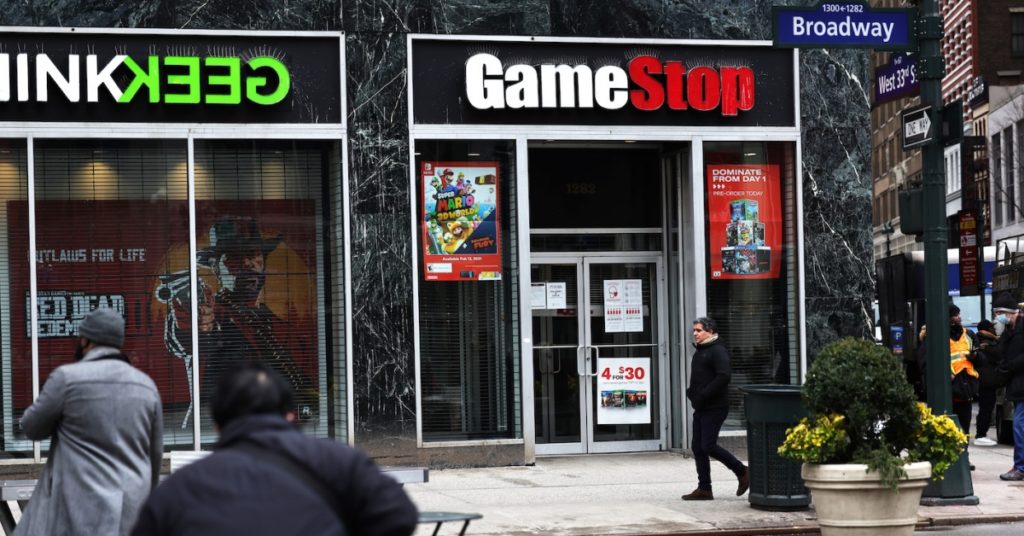
A world of memes
Those who have been on the Internet for a while will remember the glory days of 4Chan and the practice of online griefers bullying on Second Life or Habbo Hotel in 2008. They will also remember that those griefers - or their equivalents - experienced the real-world organization in a series of global protests against the Church of Scientology, codenamed “Project Chanology”.
During those protests, references to LongCat, Over 9000 and Rick Astley were witnessed in utter amazement in the streets of London. Few people outside of that ecosystem would have understood them.
Despite the “esoteric” nature of that subculture, the protests have made headlines around the world for a variety of reasons. In London, for example, an eponymous teenager named Epic Nose Guy refused to put away a sign reading "Scientology is a dangerous cult" and received a subpoena as a result, raising a controversy over free speech.
Despite everything, however, the interest in these protests was not due to someone who treated them particularly seriously. Most observers seemed amused that something that was born online had managed to break out of its cage, albeit temporarily, and make its presence known in the real world. More than a decade later, our world is now a slave to memes.
The possible consequences of the GameStop case
"The growth of Bitcoin (quotation BTC) is not based only on its technology (which, although powerful, is open-source and therefore easily replicable) but rather on the strength of virality, encouraged by the interests of the investors who have immediately accumulated and invested in marketing, "Preston said. Byrne, partner of Anderson Kill's Technology, Media and Distributed Systems group.
So it has been with every other major upheaval of the past four years. Donald Trump was the president of the meme. Now, hedge funds are being completely destroyed by a group of Redditors who gleefully commit short fraud on meme-securities.
People who risk losing the most from GameStop-style events will likely seek to curtail free speech and economic freedom by targeting tech companies that allow those freedoms to be exercised.
Trump's defeat in the election led to social media censorship. The invasion of the Capitol led to the military occupation of Washington DC and stringent internal anti-terrorism laws.
The Squeezening will also generate a normative response. We must adapt to the meme war and develop new methods that can be immediately invoked at the first sign of meme disturbance to stop legal transactions and processes that may have come under the influence of a malicious mob on the internet. If we don't, there will be strict laws that will try (and fail) to curb memes at the expense of our freedom. And this must be avoided at all costs.
